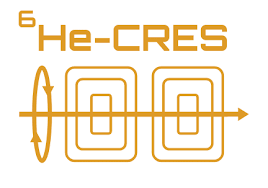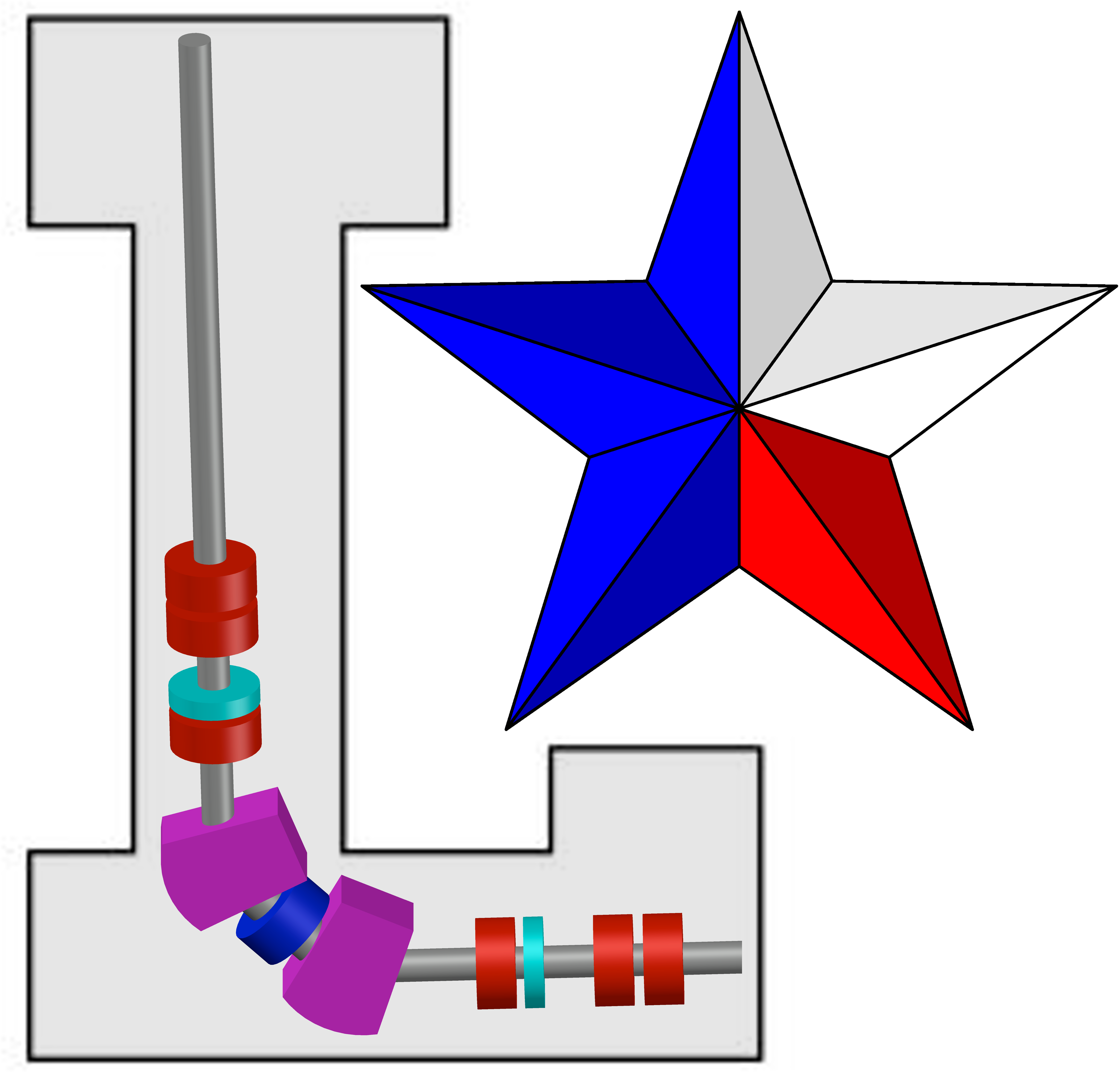Physics 625 — Introduction to Nuclear Physics
Texas A&M University, Fall 2023
General information:
Lecture notes  (last updated: Aug 18, 2025)
(last updated: Aug 18, 2025)
Requires NetID login and registration in this class. Click here to access lecture notes.
Scope of course
This course is meant to introduce students to the basic concepts in experimental nuclear physics. Strong emphasis is placed on developing the tools used by researchers, and relativey little on formal theoretical derivations. In particular, by the end of the course, students will have:
- Learned about the atomic nucleus, it's properties and decay modes.
- Developed the computational skills to perform numerical calculations.
- Performed weighted non-linear fits and goodness-of-fit tests; error propagation.
- Learned to use a Monte Carlo simulation package to simulate nuclear physics processes.
There are four homework assignments, an APS-style presentation, a take-home final. Even if you are already familiar with a MC program or feel comfortable fitting spectra, it can't hurt to look at the first two assignments which are already posted below.
Homework assignments
Huge files are not easy to deal with! Download a scanning app on
your phone, or scan it using the Department copiers. Or, if you absolutely
must take ultra-high resolution pictures with your phone, at least
send a more manageable version. Using ghostscript: gs -sDEVICE=pdfwrite -dCompatibilityLevel=1.4 -dPDFSETTINGS=/ebook -dNOPAUSE -dQUIET -dBATCH -sOutputFile=nice-size.pdf stupid-huge.pdf.
Fitting spectra
- gauss+bkgd.asc — a simulation of a Gaussian peak plus a background. Try performing a weighted fit and see if you can reproduce the results here, where the top plot is the fit and the bottom plot shows the residuals [(fit-data)/uncertainty]. An example of a bad fit is given here, where I fit to a Lorentzian instead of a Gaussian. Notice how different the residuals are (and the change in scale). The good fit (χ2/ν ≈ 1 and CL ≈ 50%) has about 1/3 of its residuals > 1 (the dashed lines), or about 1/3 of the data points more than 1σ (one standard deviation, 68% of the area under a Gaussian curve) as expected. If you have trouble doing this, let me know and I can at least set you up with physica. Again, this type of fit will be on Hmwk #4 and the take-home final.
- If you don't have a good fitting program and are in a pinch, you can
download
physicahere (or, if you use linux, this tarball with precompiled executable is here), and use this macro to generate the fit of a gaussian plus background; if successful, it wouldn't be so hard to tweak for the fit you are asked to do in Homework #4 (or anywhere else, for that matter). To use it, run physica from a terminal and then type "@fit-gauss+bkgd.pcm". The result should look like the good fit above. I also have a (less-polished) script for extrema here: fit-gauss+bkgd-extrema.pcm. - The "confidence level" of the fit (CL) is also known as the p0 value. It takes as input the total χ2 and the degrees of freedom, and returns a percentage which tells you how good the fit is. Basically, it says "If I re-do the experiment many times more, what is the chance I will get a worse χ2?" It is perfect if it is 50% (it's a crap shoot and randomly can be higher or lower). If you've overestimated your uncertainties, it'll be 100% (your χ2 is too small for statistical fluctuations in the data). And if it is small or zero, then it says "assuming the bad χ2 was due to a very unlikely random fluctuation, you are very likely to get a typical χ2 next time" (or: "Your fit sucks!"). Below is a fortran77 code (
CL.F) to calculate it (it should be easy to port to python or C), but any fitting program worth anything should provide this by default.
Presentations
All presentations will be 12 minutes long with 3 minutes for questions. Please, do the most important and often neglected thing when giving a talk: have a short introduction that includes a good motivation; enough of one that the audience will actually want to pay attention for the rest of your talk (rather than sleeping through it because there is no purpose. Or if it were a conference, going to another talk instead, or grabbing a coffee, or playing on their phones/laptops).
There are no proceedings, just the talks!
Downloads
- A really simple Monte Carlo code that calculates the value of π. It is written in fortran (F77, baby!) and for sure it compiles with gfortran on a SL6/7 linux box. It uses a CERN subroutine for generating a REAL*8 sequence of pseudo-random numbers.
CL.F— a short (F77) program to calculate the confidence level of a fit based on the χ2 and number of degrees of freedom. It should be easy to port to another language, you will just need to have the error function defined.mass_1.mas20— the 2021 Atomic Mass Evaluation (from http://amdc.impcas.ac.cn/web/masseval.html)- rpp2022-rev-phys-constants.png — the PDG's 2022 values for physical constants (from pdg.lbl.gov/2023/reviews/contents_sports.html)
- An incomplete write-up on basic statistics.
- Write up on the β decay of a 0+→0+ transition
Software:
ROOTdata analysis frameworkphysica, an awesome data analysis and plotting program. Similar to this (and can be run under Windoze unlikephysica) isextrema. The TRIUMF page is maybe not so easy to navigate, so if you use linux (any distro, in my experience), you can download a tarball with the compiled executable here: here.GEANT4Detector Monte Carlo simulation. Courtesy of David McClain, here's a link to YouTube videos which may help with installation: Installation of Geant4EGSnrcorEGS5software tool to model radiation transport- Stopping Range of Ions in Matter,
SRIM(Windoze only) LISE++for RIB production and transport (Windoze only)
Useful links:
- The Particle Data Group (PDG)
- The National Nuclear Data Center (NNDC)
- Atomic Mass Data Center (AMDC). Often down...you can also try the mirror www.anl.gov/phy/atomic-mass-data-resources or https://www-nds.iaea.org/amdc, which should be more reliable
- The Cyclotron Institute
- PDG's Atomic Nuclear Properties
- NIST's stopping power and range of electrons, protons and α's
Academic Integrity Statement:
The Aggie Honour Code is "An Aggie does not lie, cheat or steal, or tolerate those who do."
"Texas A&M University students are responsible for authenticating all work submitted to an instructor. If asked, students must be able to produce proof that the item submitted is indeed the work of that student. Students must keep appropriate records at all times. The inability to authenticate one's work, should the instructor request it, may be sufficient grounds to initiate an academic misconduct case" (Section 20.1.2.3, Student Rule 20).
You can learn more about the Aggie Honor System Office Rules and Procedures, academic integrity, and your rights and responsibilities at aggiehonor.tamu.edu/. http://www.tamu.edu/aggiehonor.
Americans with Disabilities Act (ADA) Policy Statement:
The Americans with Disabilities Act (ADA) is a federal anti-discrimination statute that provides comprehensive civil rights protection for persons with disabilities. Among other things, this legislation requires that all students with disabilities be guaranteed a learning environment that provides for reasonable accommodation of their disabilities. If you believe you have a disability requiring an accommodation, please contact the Department of Student Life, Services for Students with Disabilities, in Room B118 of Cain Hall, or call 979-845-1637; for more information see http://disability.tamu.edu. All information and documentation concerning disability is kept confidential.
Title IX and Statement on Limits to Confidentiality
Texas A&M University and the College of Science are committed to fostering a learning environment that is safe and productive for all. University policies and federal and state laws provide guidance for achieving such an environment. Although class materials are generally considered confidential pursuant to student record policies and laws, University employees – including instructors – cannot maintain confidentiality when it conflicts with their responsibility to report certain issues that jeopardize the health and safety of our community. As the instructor, we must report (per Texas A&M System Regulation 08.01.01) the following information to other University offices if you share it with us, even if you do not want the disclosed information to be shared:
- Allegations of sexual assault, sexual discrimination, or sexual harassment when they involve TAMU students, faculty, or staff, or third parties visiting campus.
These reports may trigger contact from a campus official who will want to talk with you about the incident that you have shared. In many cases, it will be your decision whether or not you wish to speak with that individual. If you would like to talk about these events in a more confidential setting, you are encouraged to make an appointment with the Student Counseling Service (https://scs.tamu.edu). Students and faculty can report non-emergency behavior that causes them to be concerned at http://tellsomebody.tamu.edu.







